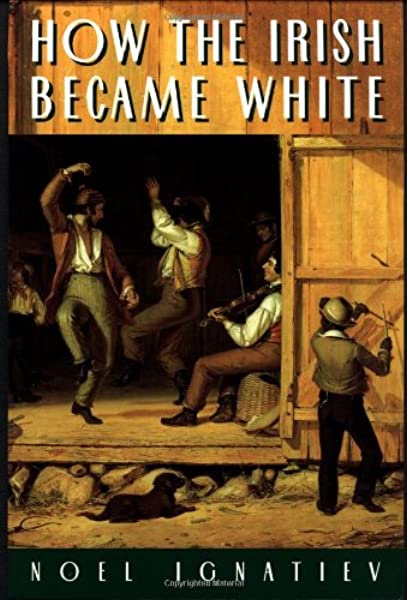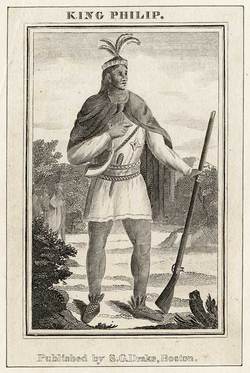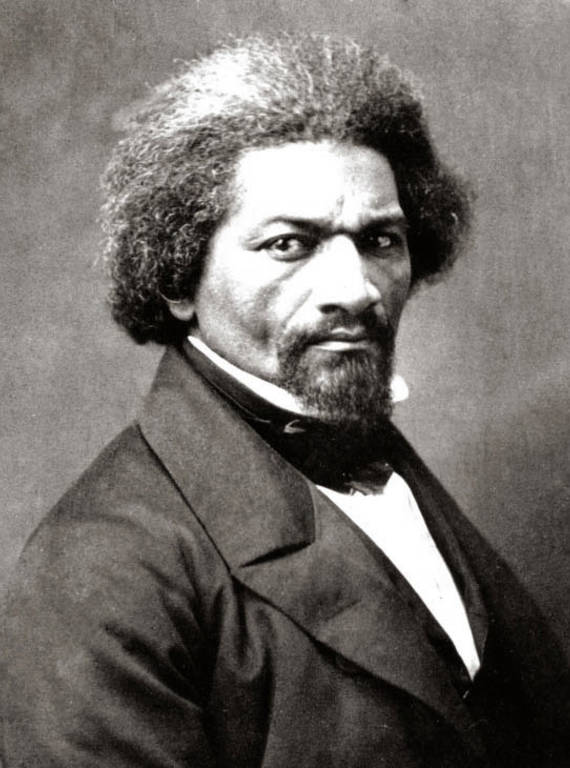One day I was doing a little office job with my 26-year-old nephew, Sean, and Bad Bunny’s “Titi Me Pregunta” (Auntie Asked Me) came on my Iphone music. Sean recognized it and gave me a look – what’s up? I said that I’d started listening to the local Spanish music station, saving songs to my phone: Farruko, Karol G, and Romeo Santos. He asked if I knew Rosalia, a singer from Spain who records “Nuevo Flamenco” music. Turns out Urbano singers hail from all over Latin America – Columbia, Peru, Venezuela, Mexico, Puerto Rico, Dominican Republic, with a sizeable contingent from the US, like Marc Antony from NYC and NIcky Jam from Lawrence, MA. Like many things originating with young people, it spread rapidly through radio, music streaming, and dance clubs without flagging notice in older generations, who used technology differently. Yet, Zumba was a crossover, the music adapted to choreographed dance sequences for people of all ages to sweat to.
For sure, the music is a mood lifter, even the romantic bachata tunes or the sometimes morose delivery of Bad Bunny. With some variation, there is a lead up, which breaks into a livelier beat and often ends with naming the singer or singers and where they’re from. Beyond that, there is an amazing explosion of creativity – all kinds of beats, instrumentations, collaborations of two or more singers, sometimes in different genres (salsa, rap, reggaeton, bachata, dancehall, dembow), clapping and choruses where all the musicians join in. Lots of horns, trumpets and trombones, accordion. African drumming by way of Cuba. The seniors, like Marc Antony and Don Omar, join with younger artists; Superstar Shakira has teamed up with Karol G. – they know how to shake it. Latin artists have reached out to pop singers like Justin Bieber, Dua Lipa, and Usher, verses in English and Spanish. And, somehow, it all works.
From HOLA.com website:
What makes this type of music so important is that it turns out to be one of the most effective ways to express the combination of Anglo, Latin and Caribbean music cultures. No wonder why it can do so, as its DNA combines a great deal of dancehall heritage, a wide array of Latin rhythms, Spanish lyrics and the production values and lifestyle of American Hip Hop. In other words, it’s a kick ass music hybrid that can easily connect with almost every corner of the world..
Some attribute the “explosion” of Urbano music to “Depacito” – the 2017 release by Luis Fonsi, Yankee Daddy, and Justin Bieber, during his moment in the sun. Sunny, I say! So much to enjoy and appreciate – the tender tenors, sweet falsettos, staccato syllables, some shouting and yelling, hypnotic, soothing, haunting rhythms, and just a lot of people having a good time, expressing themselves and all their emotions. I think of the young male artists, mostly from nonprivileged backgrounds - like many Black rappers and hip hop artists - busy writing and recording, putting their visions and feelings out in the world, rather than acting on the painful ones that might lead others to depression, despair or violence. Singing, dancing, styling, creating, collaborating – those are good things, for everybody.



 RSS Feed
RSS Feed
